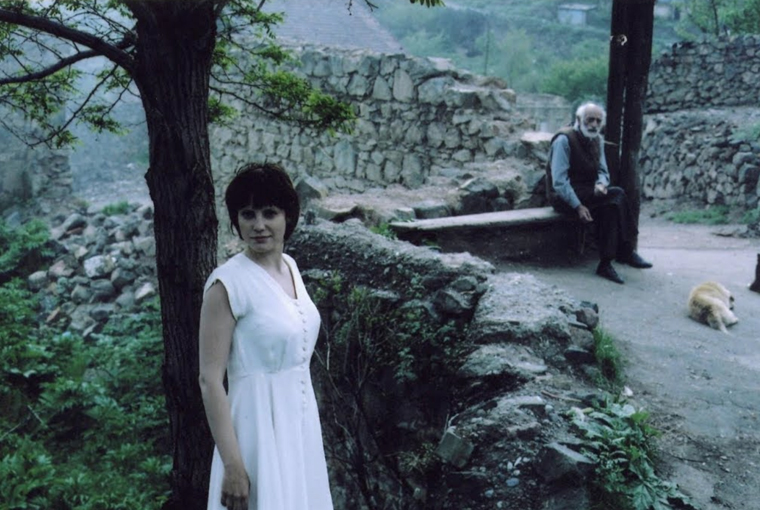
On September 20th, two days before Donald Trump would admit discussing the Bidens with Ukrainian President Volodymyr Zelensky, sending the media into a frenzy – possibly for weeks to come -, the Ukrainian Parliament passed a law regulating state support for film production. The law increases cash rebates for foreign film productions from 16.6% to 25%, thus cementing efforts by lawmakers to have Ukraine benefit from Hollywood’s investment in the region. (Poland and Romania introduced similar rebate programs last year.) The law is also aimed at professionalizing the local film industry by linking rebates to cooperation with Ukrainian partners, and ultimately about making it more economical. The last goal, though possibly the primary one since production is heavily subsidized, may also be the most challenging. Facing a viewership that has been bombarded with commercial productions from both Russia and the US for decades, the Ukrainian Film Agency announced in 2016 that it will try and edge towards the mainstream, investing more in mass-friendly films and less in arthouse features in the years to come.
The question of explicitly prioritizing commercial demands in state funding policies is not just interesting for aesthetic reasons (although this journal is far from sympathizing with generic arthouse production). It also shines a light on the question of how Ukraine will position itself towards its so-called partners in the West. Seeing that the success of films like Atlantis and Donbass seems to serve Western viewers in their self-adulatory hubris more than it does Ukrainian viewers (most of whom will be fed up with crisis coverage from walking near a TV set), and expecting no change in policy from accolades at film festivals, is Ukrainian money not better spent on films not aiming at the festival circuit? Given the quality of films that have come out of Ukraine in the past few years, it would be a shame if Ukrainian lawmakers followed that thought through. Still, it will be interesting to see if any meaningful shift will occur away from investing in films that curry the favor of those preoccupied with themselves, towards attracting foreign investment and channeling it towards domestic productions that may actually earn some money. If filmmaking in Ukraine is seen as a sphere of cultural diplomacy, as it surely is, you can’t blame lawmakers for wondering what brings about more change: sending home flashy photographs from the Croisette, or earning money through international investment and spending it on domestic-oriented production.
***
Our September issue features Lucian Tion’s coverage from the Sarajevo Film Festival from early September, where he saw three films each dealing with the legacy of Communism in Eastern Europe. We are also publishing our coverage of the Golden Apricot Film Festival, which took place in Yerevan in July. The festival featured a retrospective of late Armenian filmmaker Maria Saakyan, which we’re following up with reviews of three of her films: Melina Tzamtzi returned to her debut feature The Lighthouse, Antonis Lagaris saw her critically acclaimed I’m Going to Change My Name, while Vadim Dumesh contextualizes the experimental 2012 feature Entropy. Finally, Anastasia Eleftheriou critically examines Oleg by Juris Kursietis for the way it reinforces our pseudo-emancipatory culture of awareness.
We hope you enjoy our reads.
Konstanty Kuzma & Moritz Pfeifer
Editors




Leave a Comment